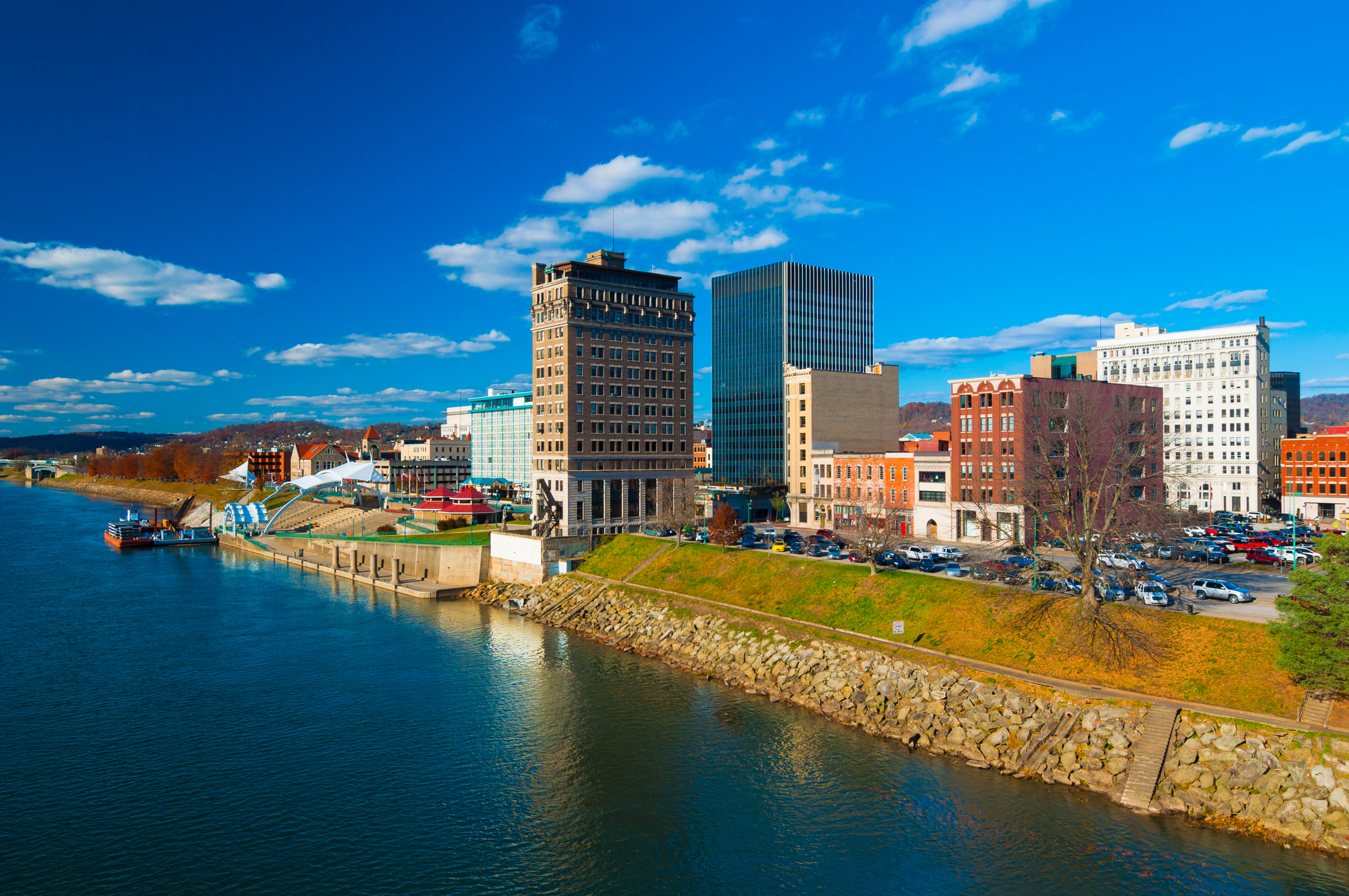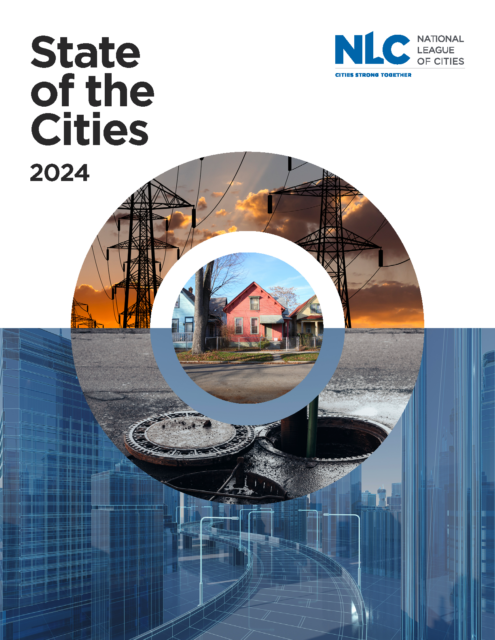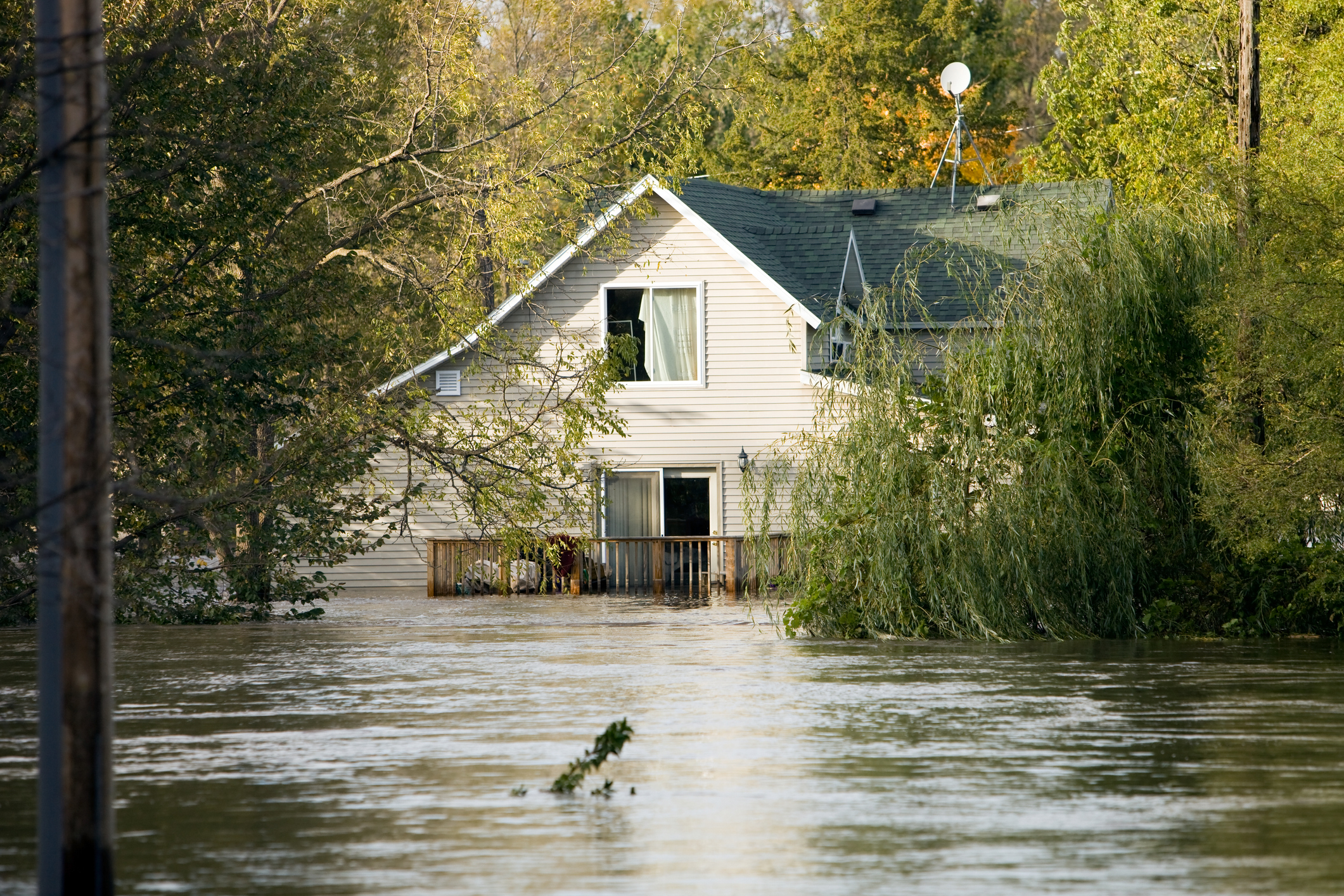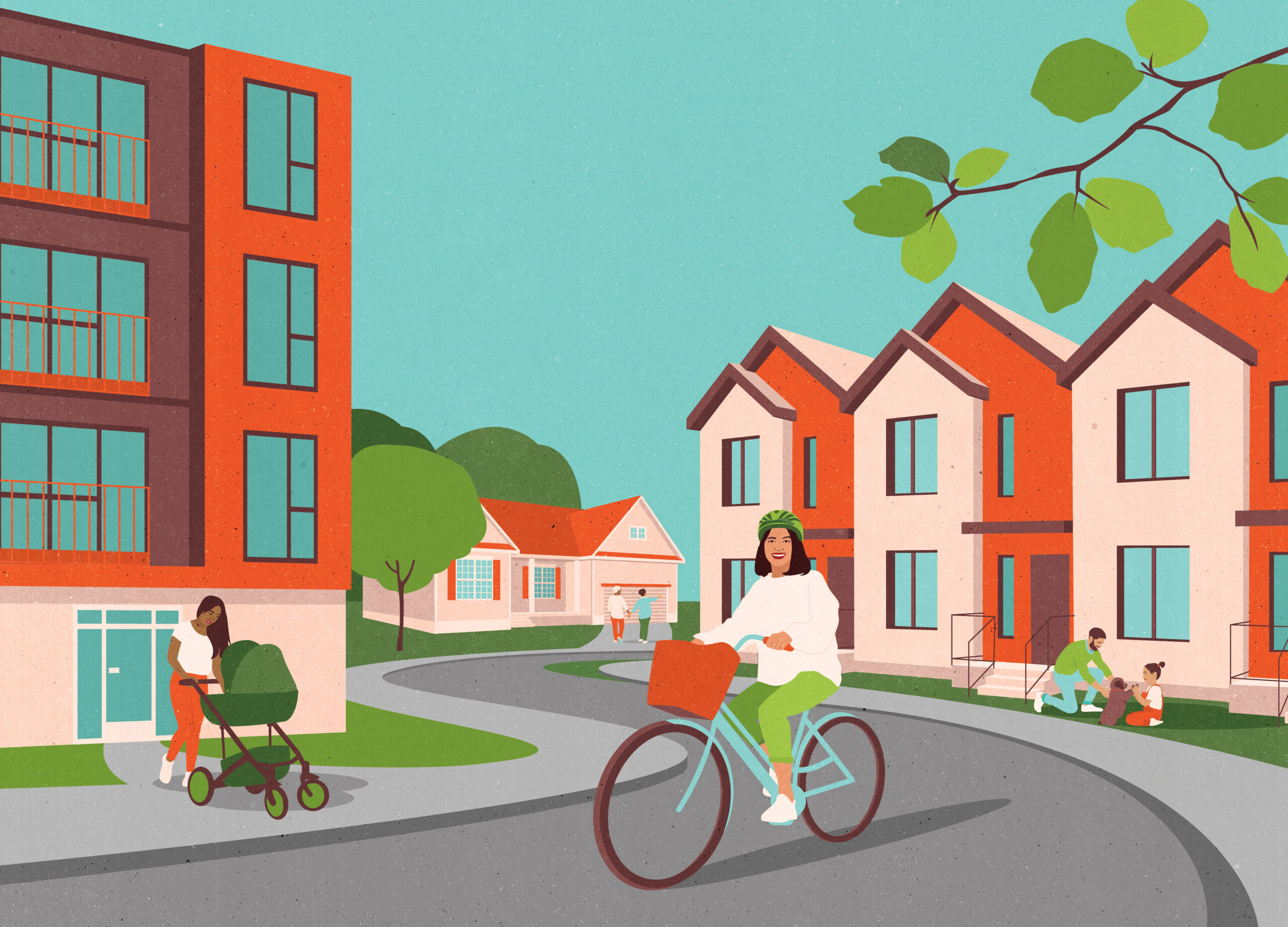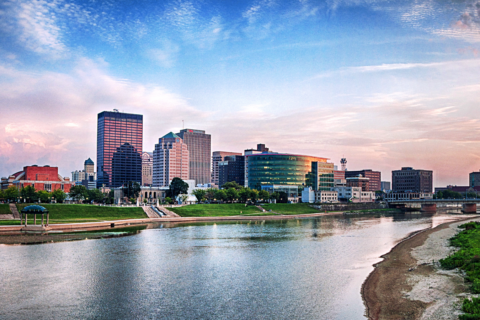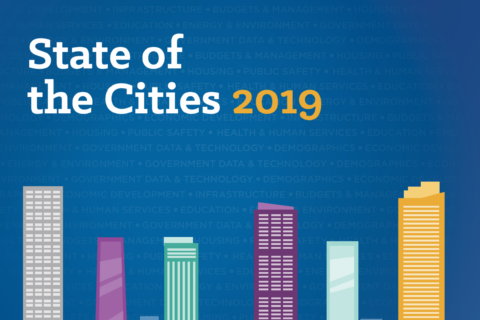Pay to Print
Access a professionally printed copy of the report.
The annual State of the Cities report encapsulates the challenges cities, towns and villages face and the innovative solutions that mayors nationwide employ to address these issues. In its 11th year, the report offers an in-depth exploration of the complex challenges confronting municipal governments and the strategic objectives city leaders set to elevate the quality of life for their residents.
Explore the predominant themes that surfaced in the 2024 mayors’ annual addresses. This year’s report included new public sentiment research, revealing a clear alignment between resident concerns and mayoral priorities.
Web Figure 1: Mayoral Interest is Focused on Economic Development and Infrastructure While Citizen Interest is More Varied
Normalized Interest by Category and Mayor vs Citizen
Analysis of the annual state of the cities mayoral addresses revealed five major topics that rose to the top for local elected officials nationwide. These are Economic Development, Infrastructure, Housing, Public Safety and Health.
Mayoral Priority #1: Economic & Workforce Development
Economic development shapes the quality of life for residents, determines the city’s competitive edge and influences its ability to attract investment and talent. In the dynamic landscape of municipal economic development, mayors play a pivotal role in shaping the future of their cities.
Focusing on economic development, mayors are addressing immediate fiscal stability and crafting a vision for sustainable growth.
Strategies to Address Economic Challenges
While mayors acknowledge the strengths of their cities’ economies, they are acutely aware of the obstacles that could impede progress and the continuous efforts required to overcome them. Mayors have considered various strategies in addressing these economic development challenges.
Figure 4: Business Attraction, Downtown Revitalization, and Workforce Development are Among the Most Utilized Strategies by Mayors to Address Economic Development Challenges
STRATEGIES TO ADDRESS ECONOMIC DEVELOPMENT CHALLENGES BY PERCENTAGE OF RESPONSES
How NLC Supports economic & workforce development
Mayoral Priority #2: Infrastructure
Municipal leaders are attentive to the condition, upkeep, and new demands of community infrastructure and utilities, such as water systems, power grids, and transportation networks.
Mayors have adopted many tools and strategies to implement over the next five years to address major infrastructure assets, including water systems, broadband grids, roads, and public transportation.
Strategies to Address Infrastructure Challenges
Figure 5: Increased Funding and Seeking External Support among the most Implemented Methods Identified to Attend to Infrastructure Needs
PERCENTAGE OF RESPONSES IDENTIFYING METHODS TO ADDRESS NEEDS, BY POLICY AREA
How NLC Supports infrastructure
Mayoral Priority #3: Housing
For the first time in the 11-year history of State of the Cities, Housing has moved into spot number 3, representing 14 percent of mayoral speech content. Rising from its historical position of priority #5 or #6 underscores the critical role of housing in municipal policy and the economy.
The struggle to provide adequate housing continues to be a formidable obstacle across America’s cities, towns and villages.
Mayors are actively seeking solutions to increase the housing supply and resolve housing challenges and issues.
Strategies to Address Housing Challenges
Mayors are tapping into a number of resources and tools to address the housing crisis in their communities. NLC continues to support these efforts with new and innovative resources.
Mayoral Priority #4: Public Safety & Health
The well-being and protection of the community is a crucial issue for local leaders. Maintaining safety in American cities is complex, requiring the collaboration of multiple stakeholders.
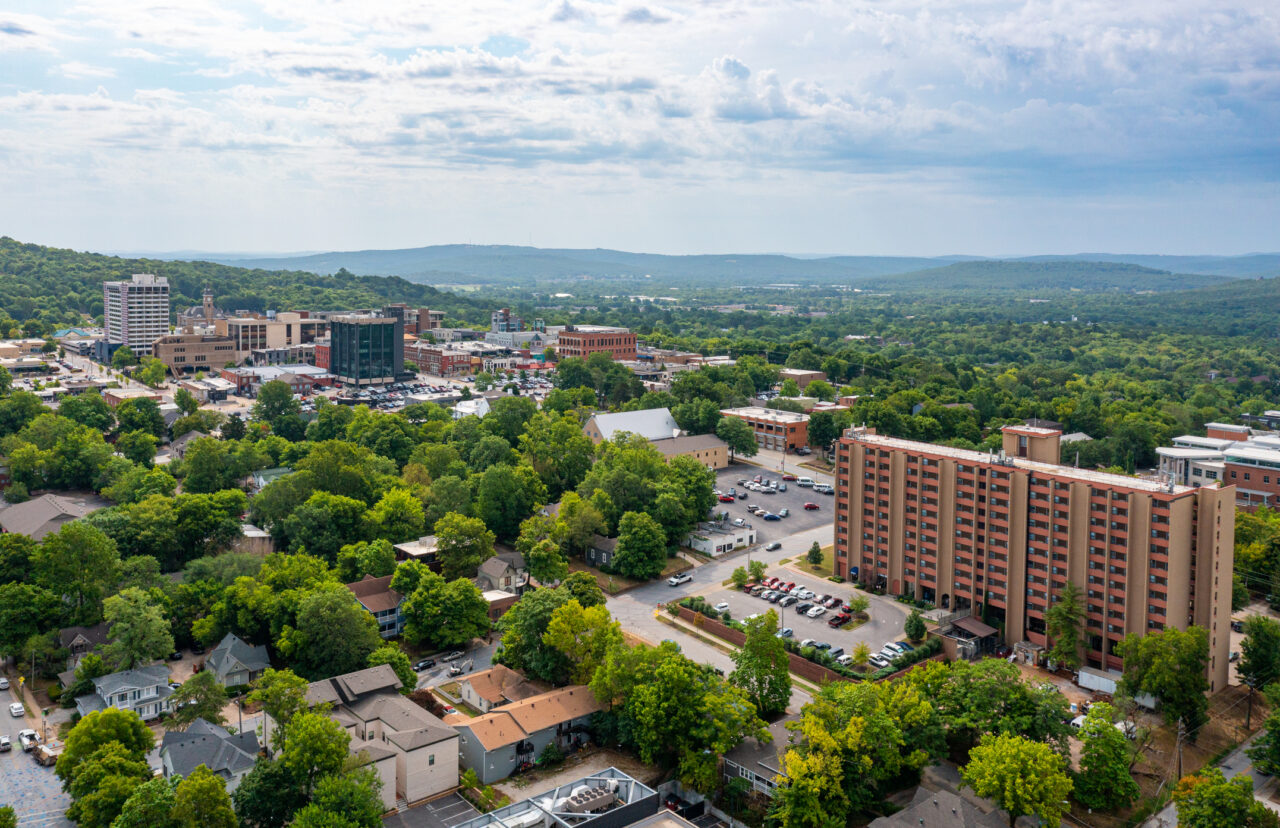
Fayetteville, AR
has received a $400,000 Department of Justice grant to enhance their Crisis Intervention Response Team, aiming to assist more individuals during mental health emergencies.
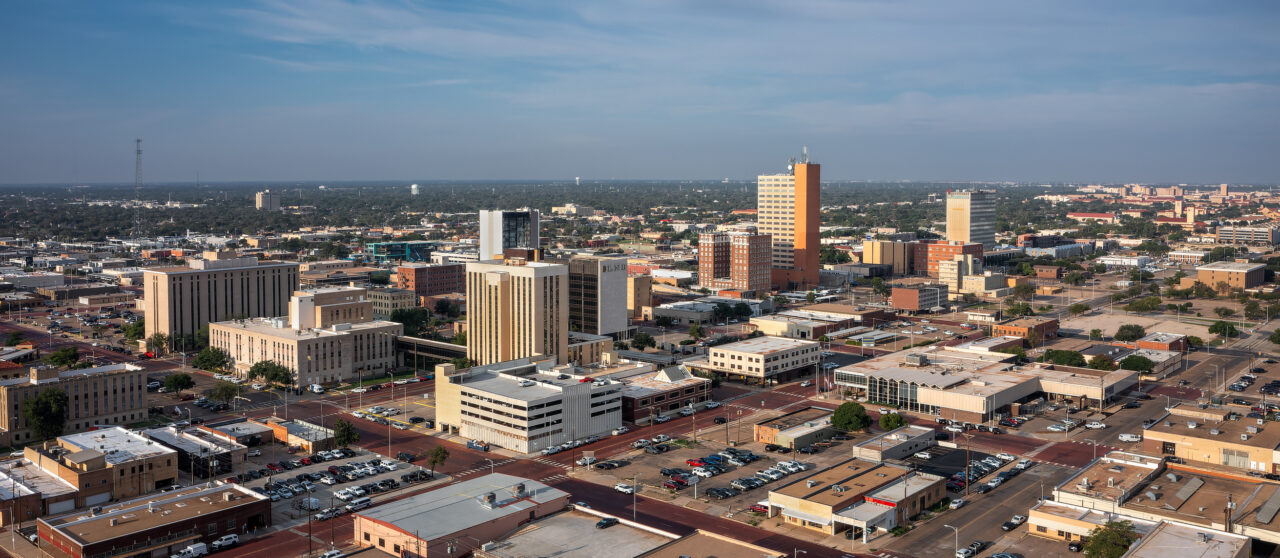
Lubbock, TX
has allocated $3.5 million from ARPA funds to establish the Hope Center, a mental health facility aiding law enforcement and EMS.
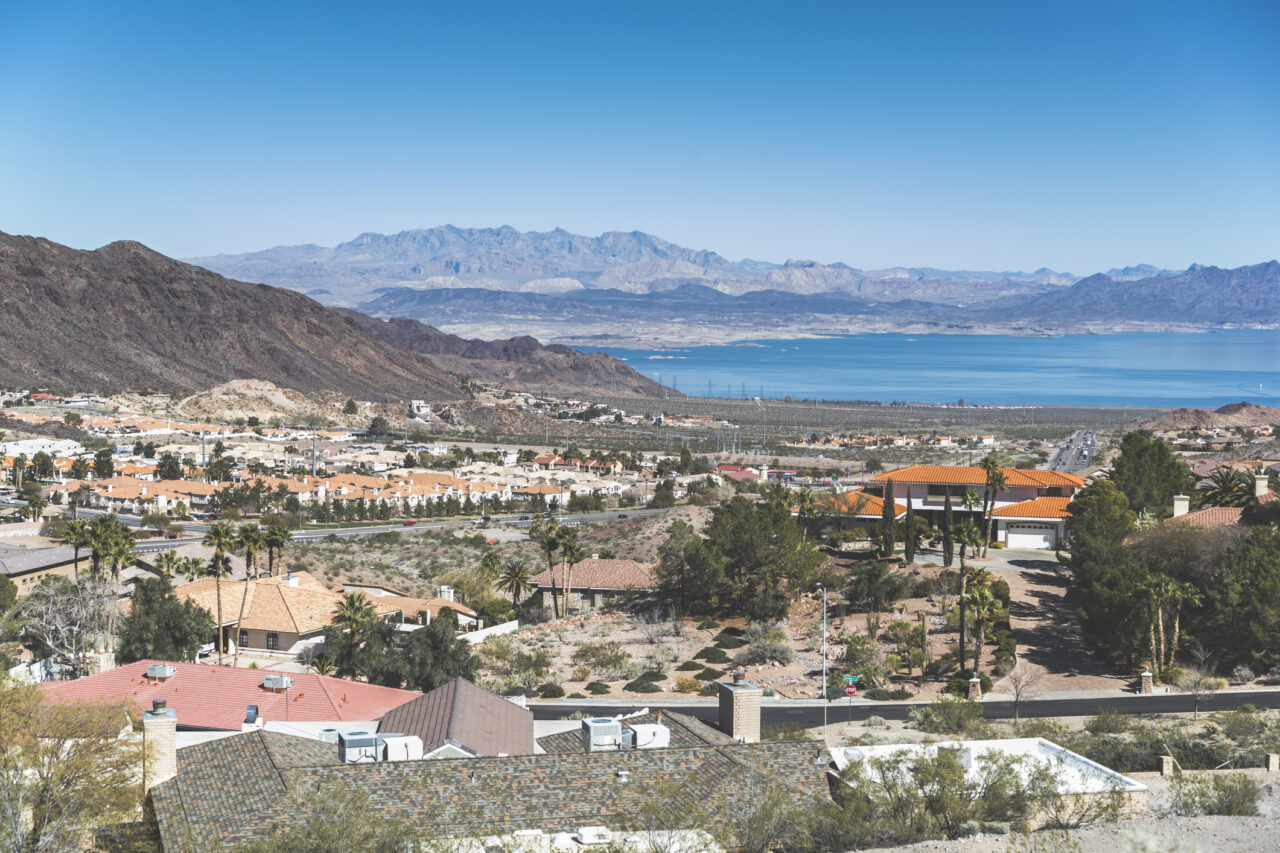
Boulder City, NV
is developing The Healing Center to provide specialized treatment for trauma victims.

Folsom, CA
is rebranding its Community Crime Suppression Unit to the Problem-Oriented Policing team, focusing on broader community issues such as homelessness and local business thefts while also improving communication between the police and community through an expanded public information team.
Strategies to Address Public Health & Safety Challenges
Conclusion
The State of the Cities report highlights mayors’ efforts to tackle crucial issues facing their communities. It underscores their commitment to enhancing residents’ quality of life through equity, inclusion and sustainability. Demonstrating resilience and optimism, mayors are dedicated to improving their communities and are keen to collaborate with federal agencies to achieve common objectives.
